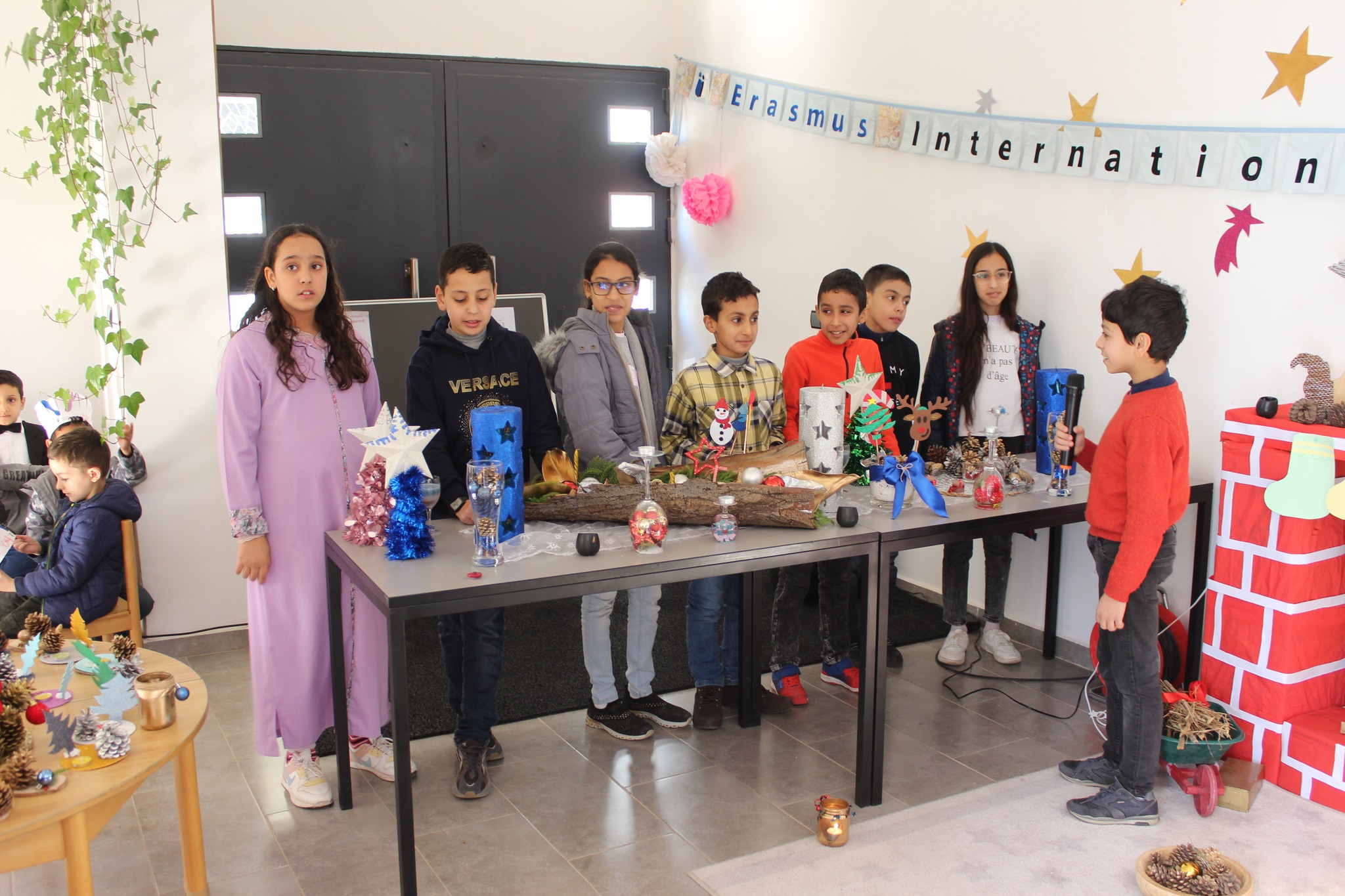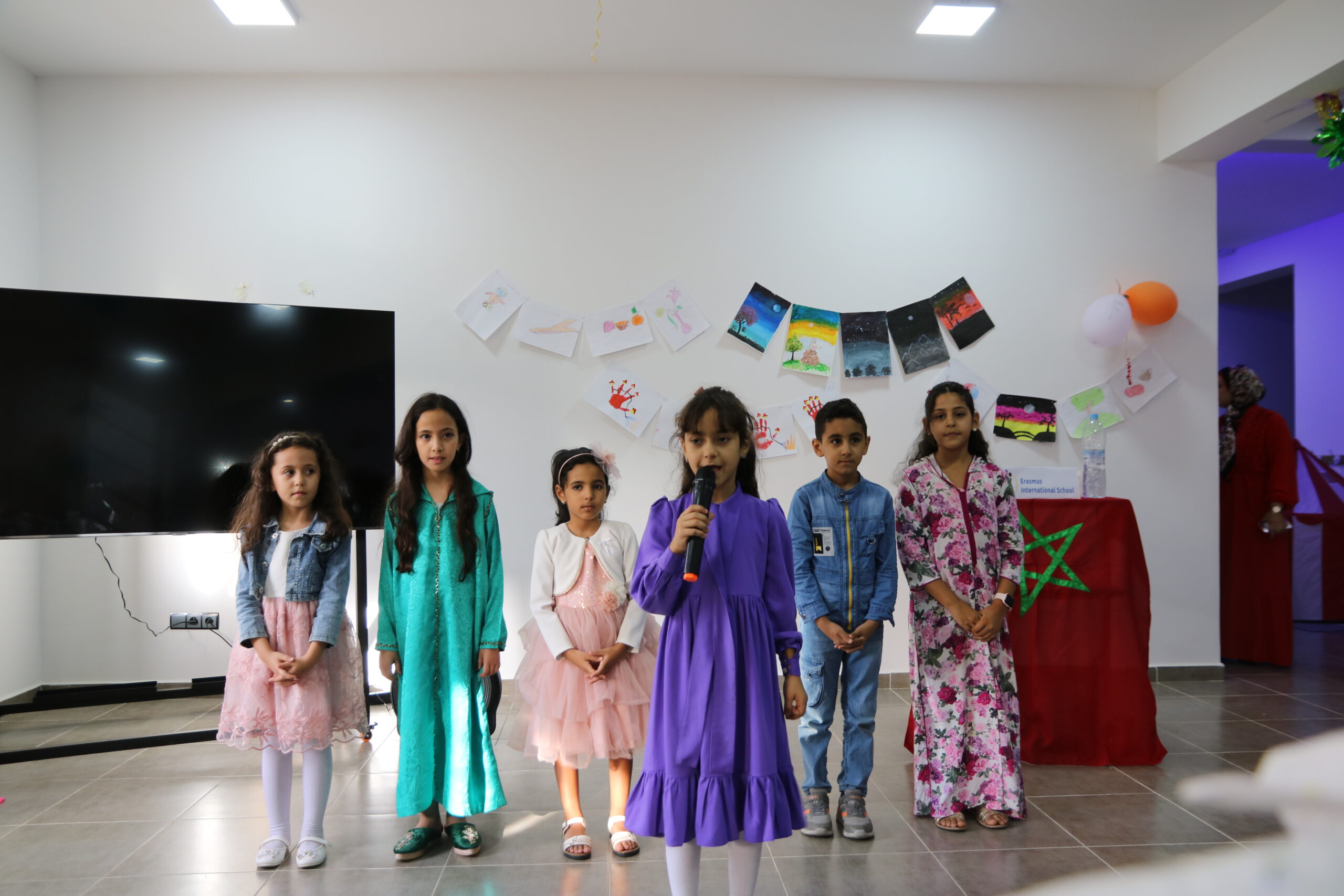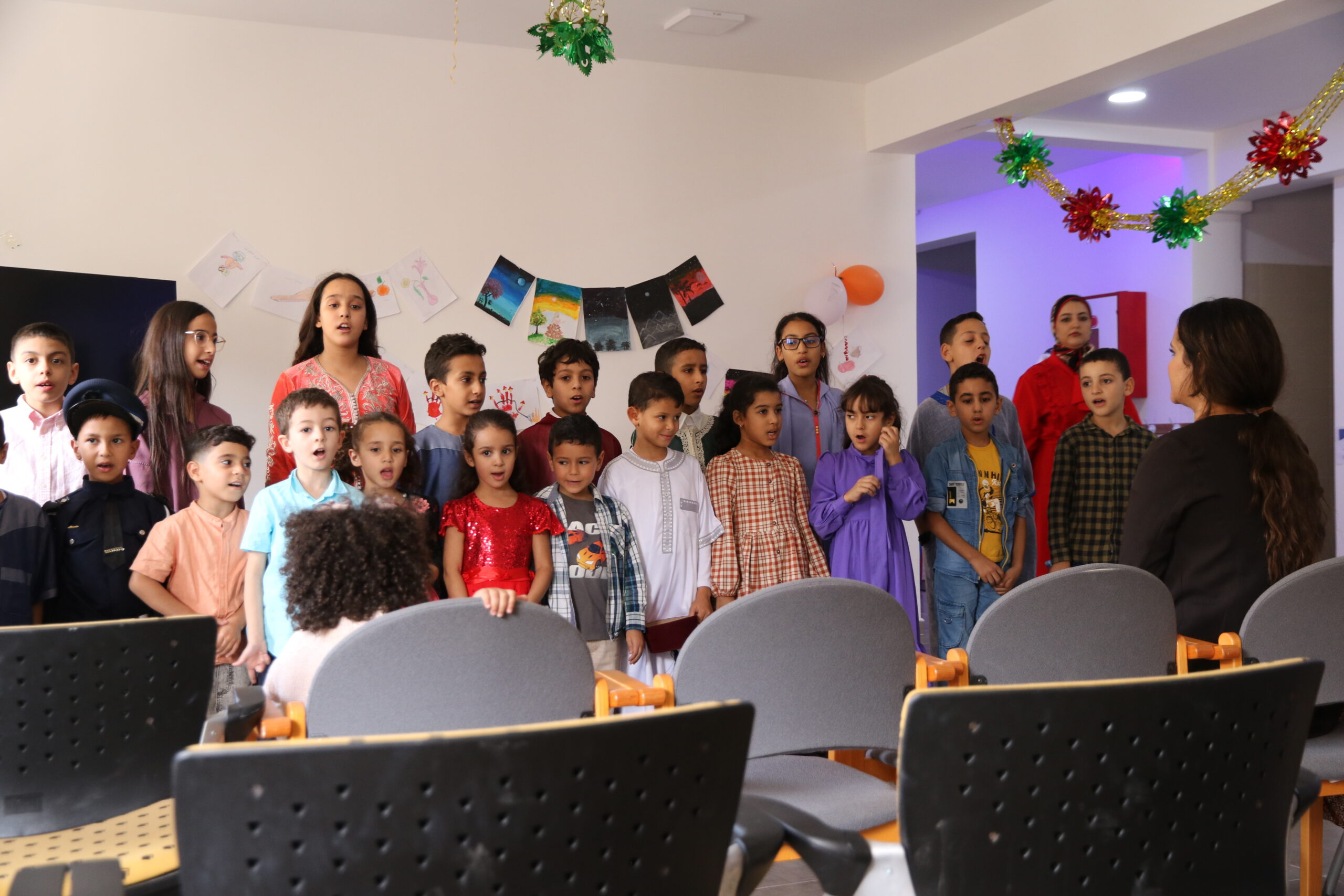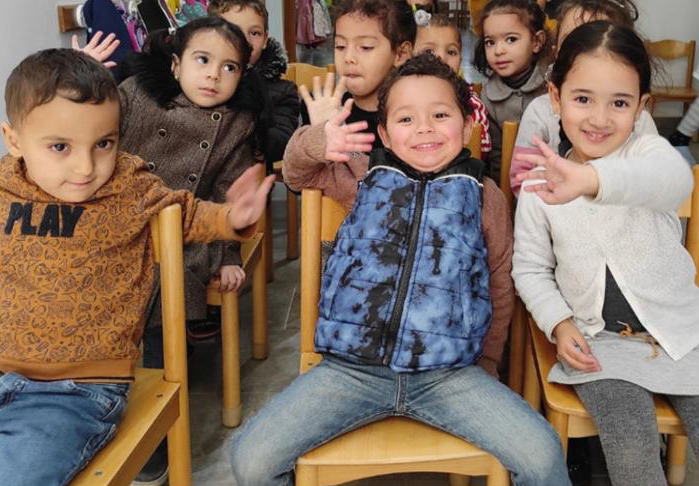Building Multilingual Minds
In our rapidly changing world, giving our children the tools they need for the future is essential. And one of the most powerful tools we can provide them with is the ability to learn languages.
Children learn languages through natural, informal interactions with their environment. Their curiosity and openness enable them to effortlessly acquire new sounds, vocabulary, and grammar.
That’s why we’ve created an immersive language learning experience for your child. We believe in starting early, when their minds are most receptive and their potential is limitless.
Our program focuses on three essential languages: English, French, and Arabic. By embracing these languages at a young age, your child will not only develop multilingual proficiency but also foster a deep understanding and appreciation for diverse cultures.




